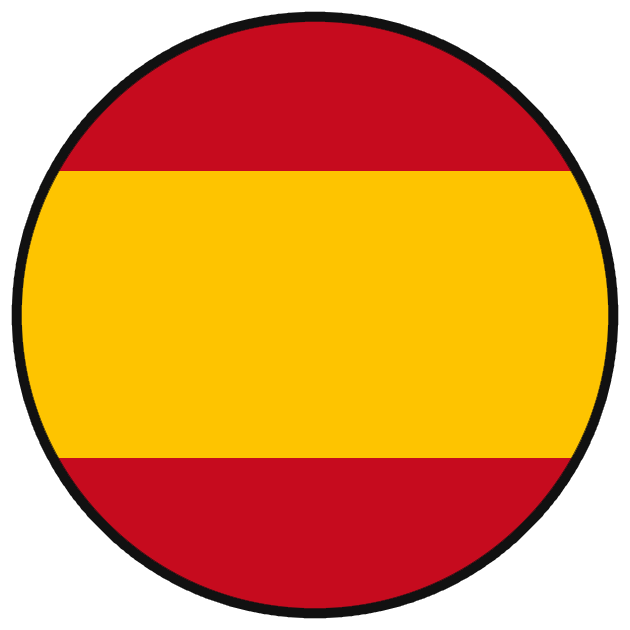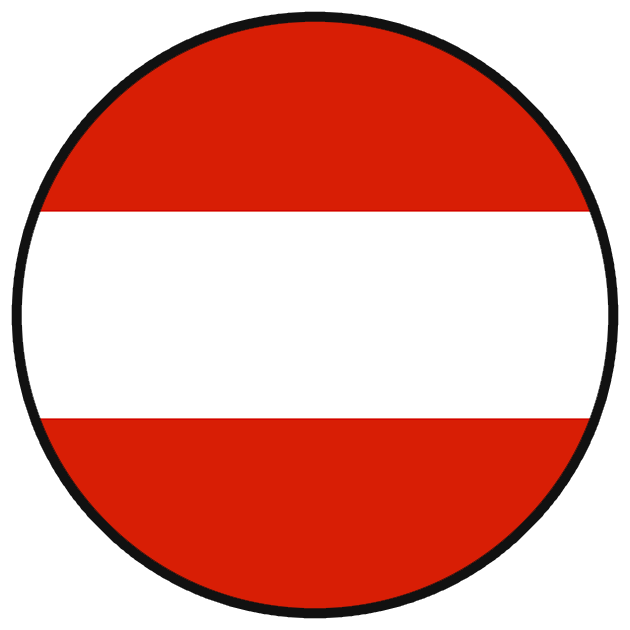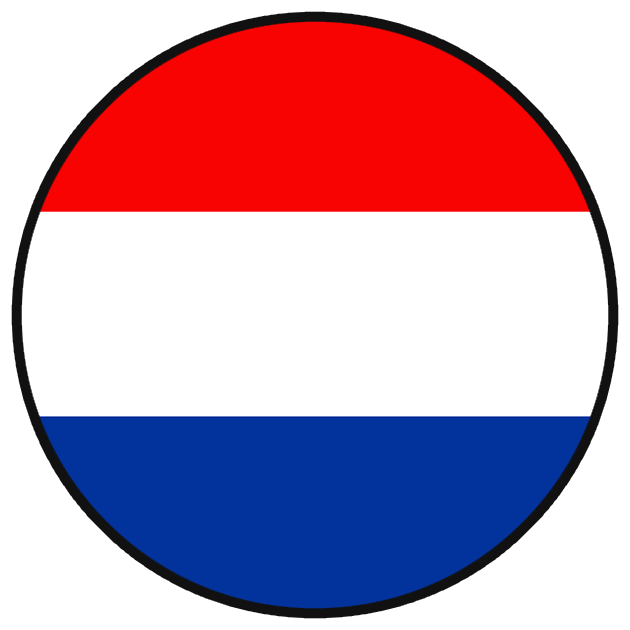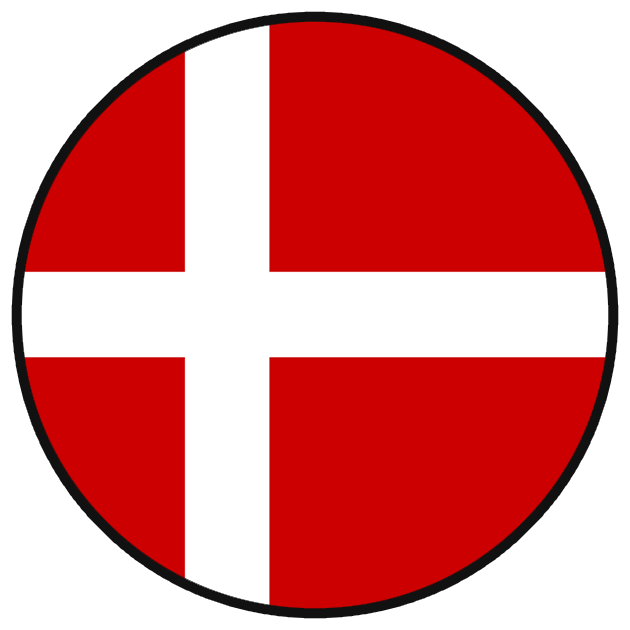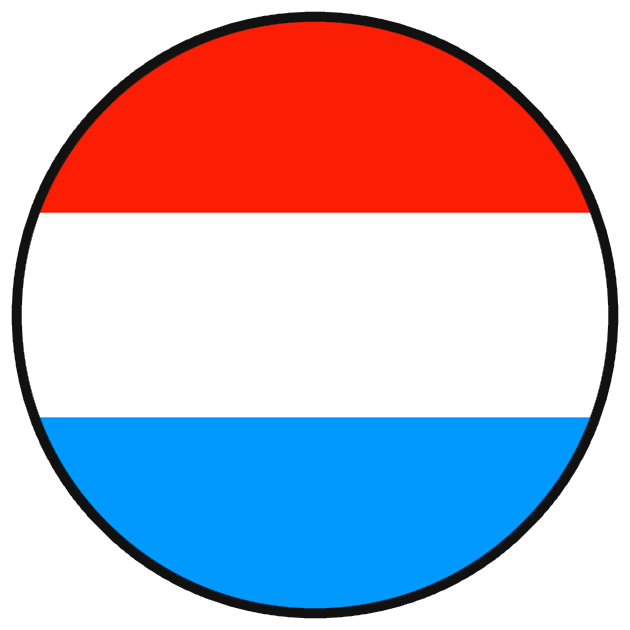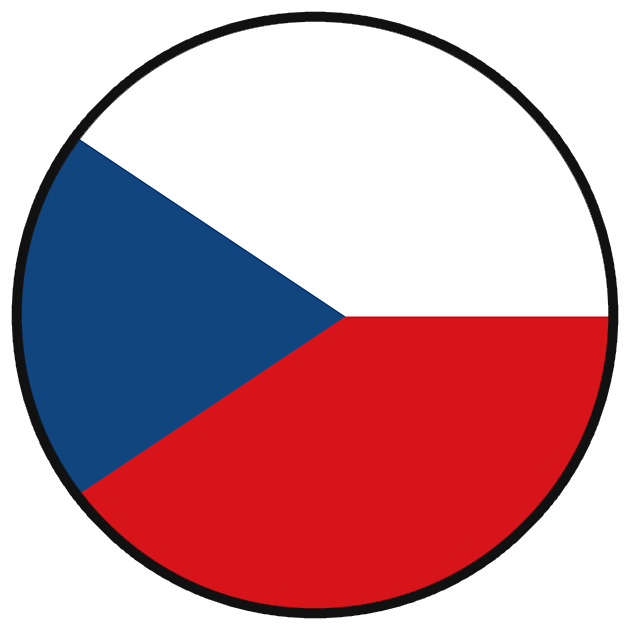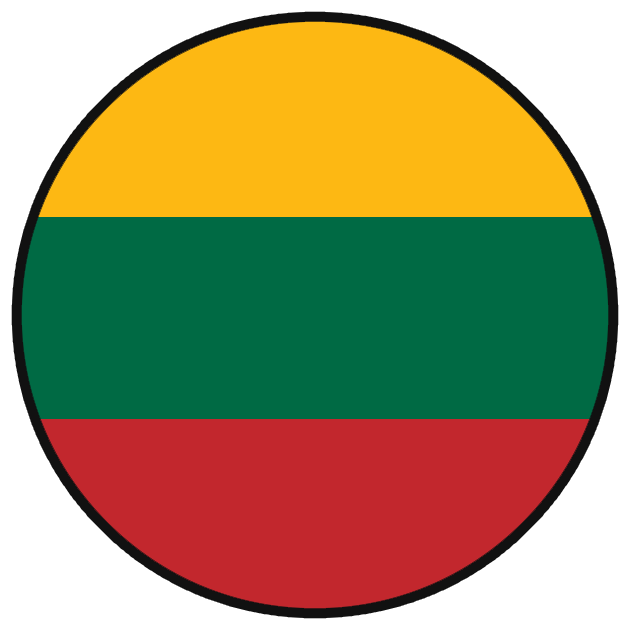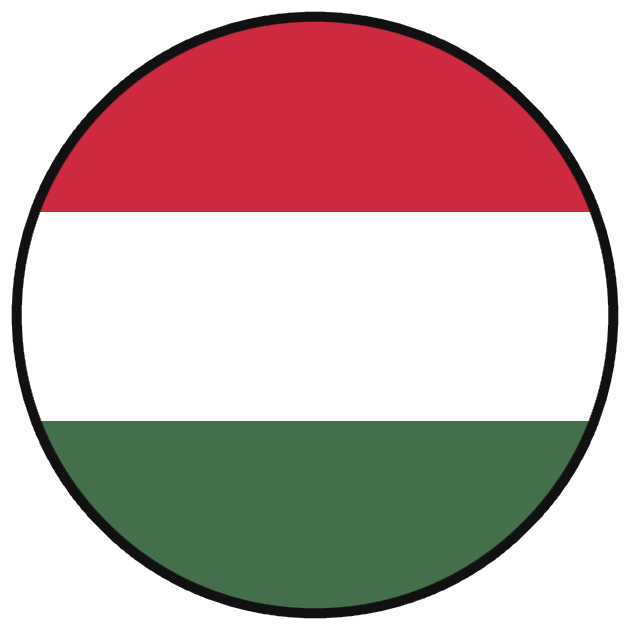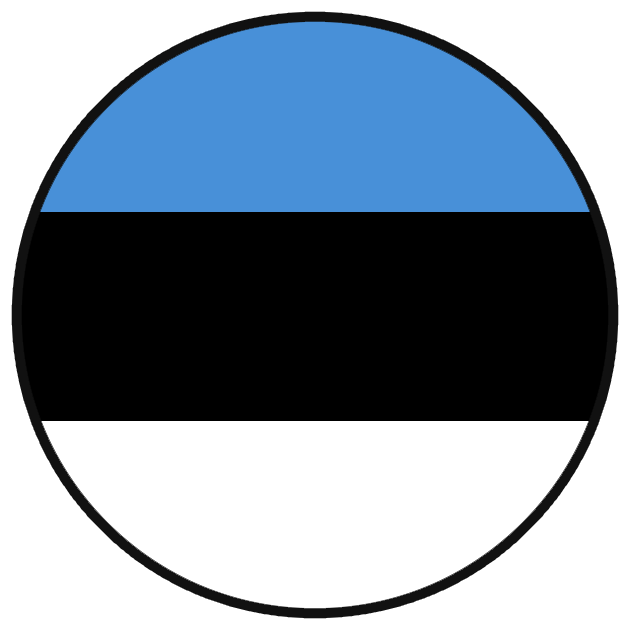We have several thousand associates in our fields: the honeybees.
Bees are essential to our ecosystem and to the young shoots of our fields. During the last hot summer, we moved the bee colonies to the mountains of Burgos. The heat was more bearable there and the bees found spruce trees and grasses to feed on.
Our goal is to support our regenerative agriculture with healthy bee colonies, not with maximum honey production. The health and integrity of the bees is clearly our priority. That is why a qualified beekeeper is responsible for the establishment and maintenance of the bee colonies. Each bee colony is unique and is seen as an independent organism. It takes reflection and a lot of knowledge to understand different colonies.
Right now, the bees are foraging on our almond trees, which, with their pink and white flowers, provide an attractive food source for the bees. Our almond trees are mainly located in Altura (Castellón), in the Alicia orchard, but also in the Campillo de Julia. The flowering of the almond trees starts in February, depending on the variety, and lasts until April – the ideal time! Indeed, our first orange trees start to bloom in April and we are happy to welcome the bees here in Bétera.
Ultimately, bees are the most important pollinators. Other insects and the wind help with pollination, but they only do a small part of the job. That’s why we depend on our bees and are very grateful for their hard work. We always leave enough honey for the bee colonies so that we only have to feed them in exceptional situations. Exceptional situations can be a surprise infestation of hornets, like last year, because in this case the bees do not leave their hive and have to survive on their reserves.
We look forward to the arrival of the spring days, the bees and all the other insects that take up residence in our orange trees. If we close our eyes, we can hear all kinds of creatures frolicking in our fields and we thank nature for all that she gives us. 






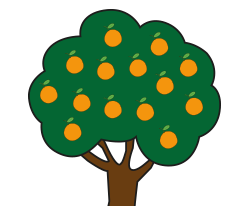 My account
My account 










